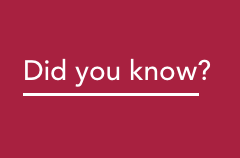House of Lords
The House of Lords is the second chamber of the Supreme Congress.
It is independent from, and complements the work of, the nominated House of Committees.
The Lords share the task of making and adapting laws, reforming member nations and debating topics upon request of Members, The Commonwealth Crown or the public.
Many Lords have considerable experience in industries, professions and organisations and they are able to put this experience to good use during debates in the chamber, which the public can attend.
A Lord of Commonwealth is someone who serves in BC HoL or who has been granted a title in the Commonwealth and becomes a life or hereditary member of the Peerage of Commonwealth.
A Lord, to serve, may at all times be appointed solely, or removed solely, on authority of The Commonwealth Crown.
There are four types of Lords: Lords at Law are peers and are the Commonwealth judges and justices, Lords Spiritual are the bishops of the religious institutions of the Commonwealth appointed, Lords of Trust are current members of the Council of Commonwealth Trustees, and Lords Temporal are all remaining peers including those peers that are holders of one of the Great Offices of Commonwealth.

